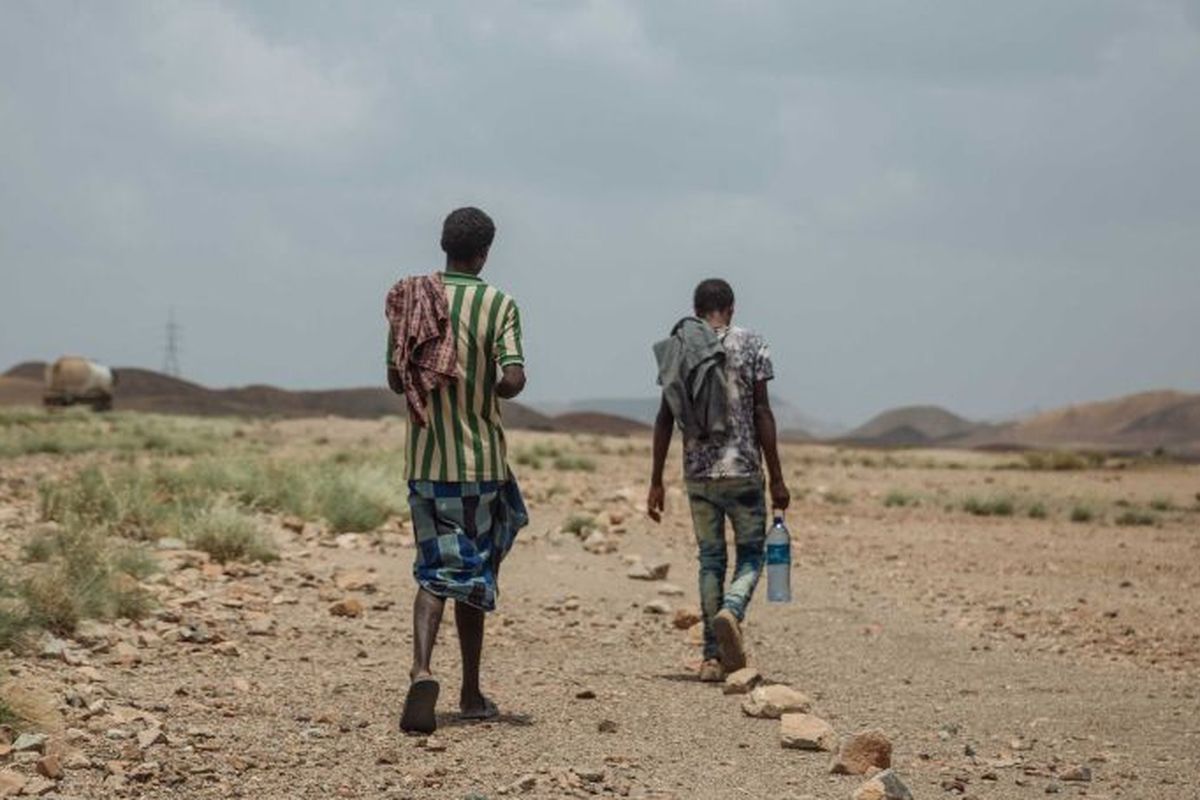Ex-Smugglers Find Few Benefits of EU Funds to Curb African Migration

Thousands of migrants have perished since 2010 on the journey northward, often during crossings of the desert in open-back pick-up trucks or the Mediterranean Sea in overloaded, rickety boats.
In 2016, about 300,000 migrants passed through Niger to Libya. That dropped to around 50,000 in 2019, due largely to Niger’s EU-backed clamp-down.
The Agadez program was set up the following year to jump-start small businesses for former smugglers.
It was one of more than 200 such projects launched in 26 African countries, and one of 12 in Niger.
All told, EUTF projects have created over 66,000 jobs in Africa, the fund’s website says.
Since its genesis, EU data show, about 42 percent of the more than 2,300 business plans submitted in Agadez have been approved for funding.
Of those applicants with approved business plans, the data show, less than half have received the assistance.
Twenty people from Agadez who identified themselves as former smugglers told Reuters they had submitted applications in 2017 — sometimes more than one.
They said they either received no assistance or not enough to replace lost livelihoods.
Some also said the application process was infuriatingly complex and time-consuming.
Reuters was unable to independently confirm most individual stories, because the applicants did not keep copies of their business proposals and correspondence, and the EU would not address questions about individual cases.
However, the EU official said it was “unrealistic” to match the kind of compensation ex-smugglers used to earn trafficking migrants.
“Let us not forget that 10 million Nigeriens live on less than two euros a day,” the official said.
Among the 20 people Reuters interviewed, four said they received aid.
However, they said they were given cash, not goods, by local suppliers — which is against EU rules — and that the funds were less than the value of the goods they were promised.
Agadez leaders told Reuters that the growing ranks of unemployed in the city could make residents susceptible to recruitment by groups with links to al Qaeda and Islamic State.
Although the region has remained largely free of Islamist violence, attacks elsewhere in Niger surged in 2019, mainly along the western border with Mali and Burkina Faso.
Critics of the EU program, including philanthropies, human rights groups and migration experts, say the European fund was hastily put together, with slow and opaque decision-making and poor oversight.


































